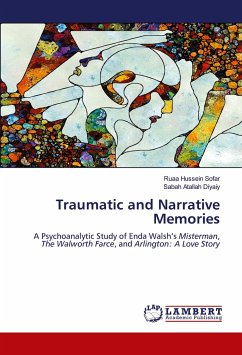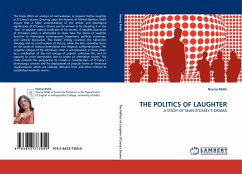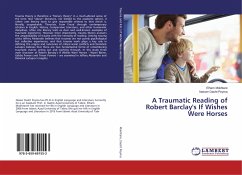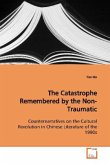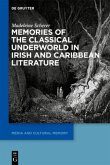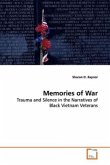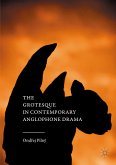Traumatic experience defies conventional perception and representation, as its overwhelming intensity disrupts memory integration and leads to dissociation from conscious awareness. This book employs a rigorous methodology that integrates Bessel A. van der Kolk's concepts of traumatic and narrative memory with Dominick LaCapra's frameworks of acting out and working through trauma to analyze Enda Walsh's plays. It first explores how characters' compulsive reenactments and their capacity to process trauma are shaped by political, social, and psychological dynamics. It then delves into Walsh's metaphorical critique of Irish history and global crises. The analysis addresses Misterman(1999) with its portrayal of structural and historical traumas through the protagonist's dissociative identity disorder and relentless, compulsive reenactments, The Walworth Farce(2006) and its examination of dysfunctional family, polyvictimisation, postmemory and founding trauma through the obfuscated language of the reenacted farce, and Arlington: A Love Story(2016) which discusses traumatic governance within a dystopian regime while addressing the plight of refugees and marginalised populations.
Bitte wählen Sie Ihr Anliegen aus.
Rechnungen
Retourenschein anfordern
Bestellstatus
Storno

